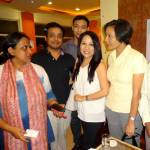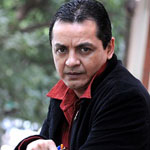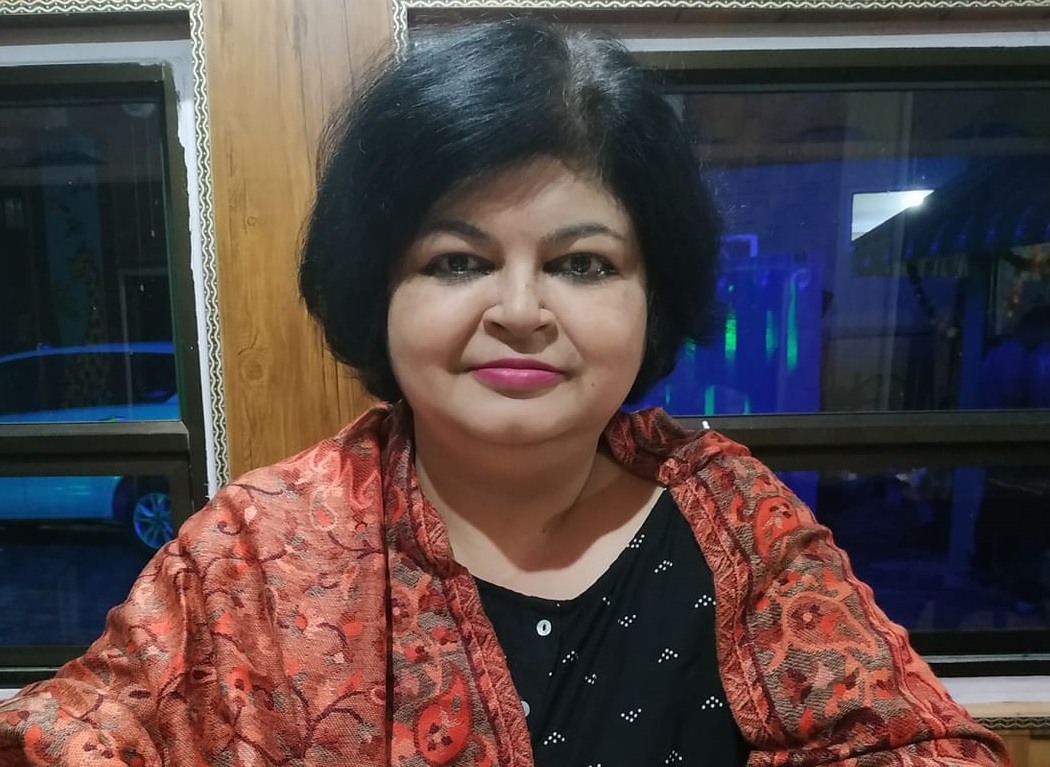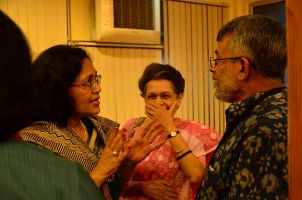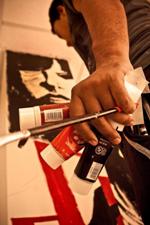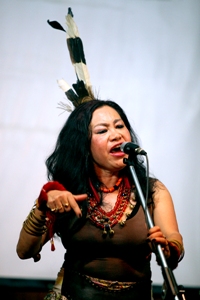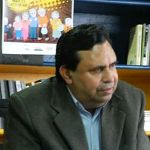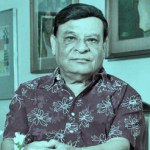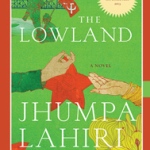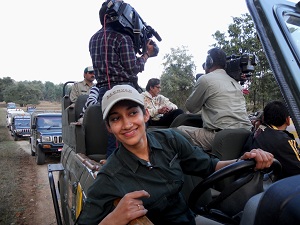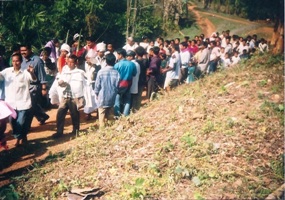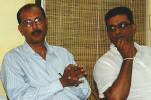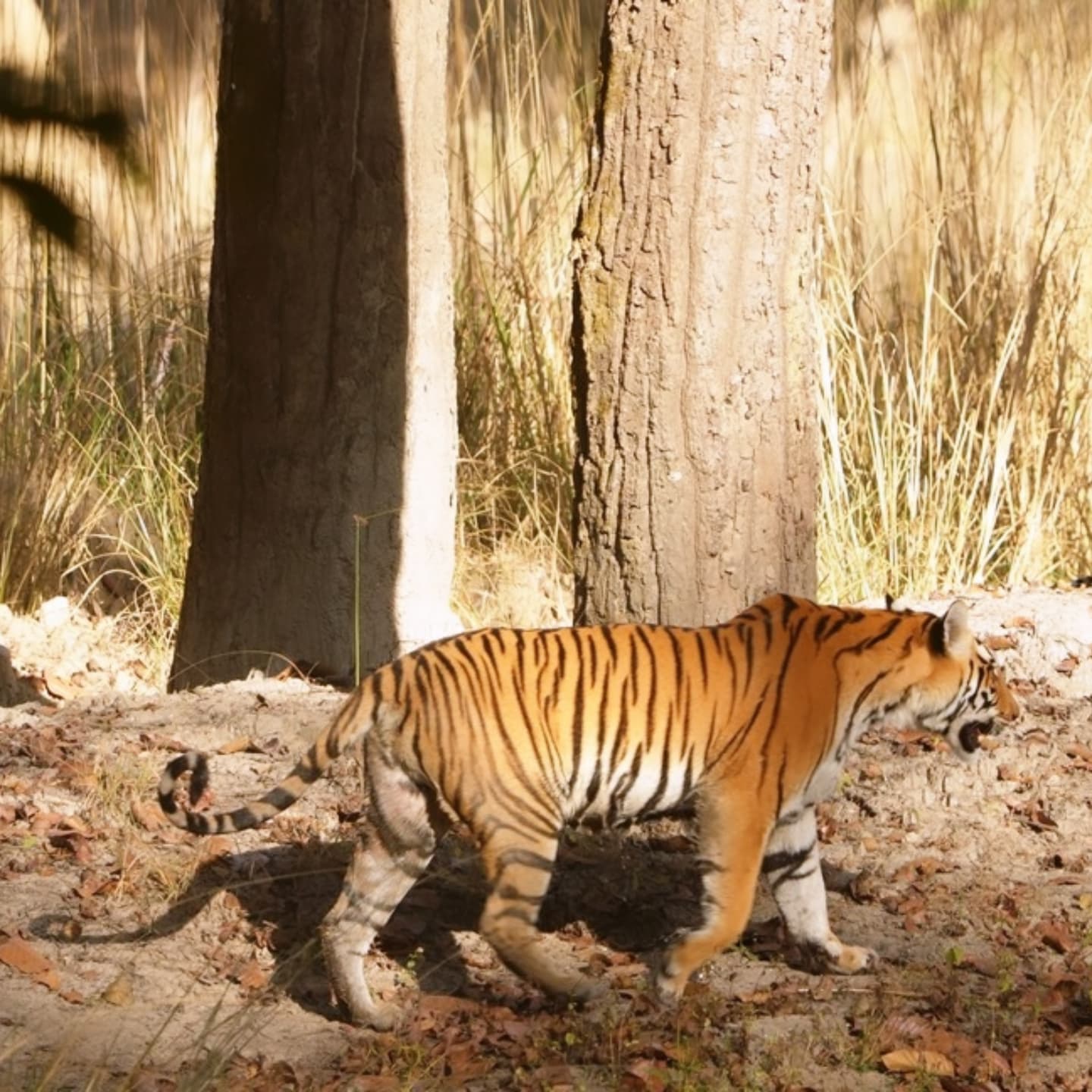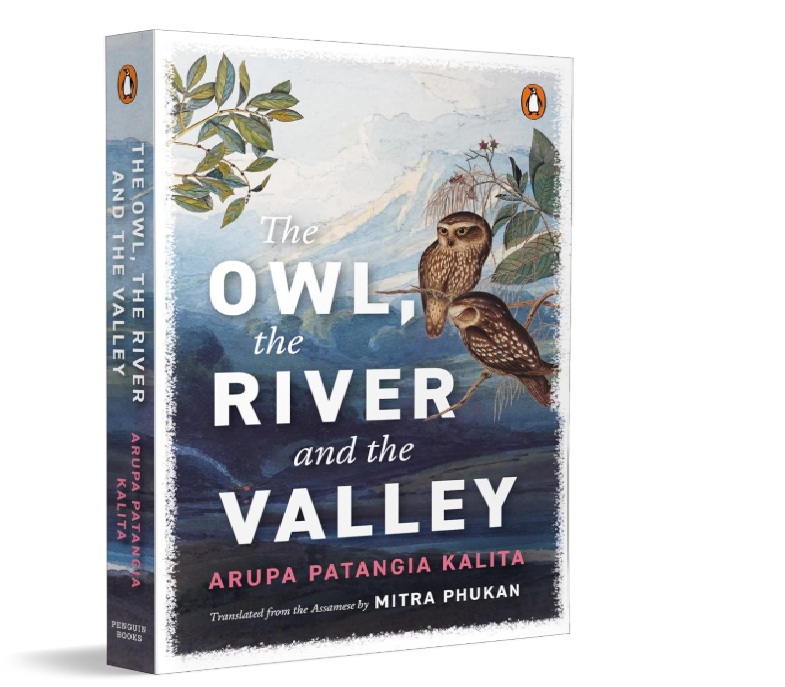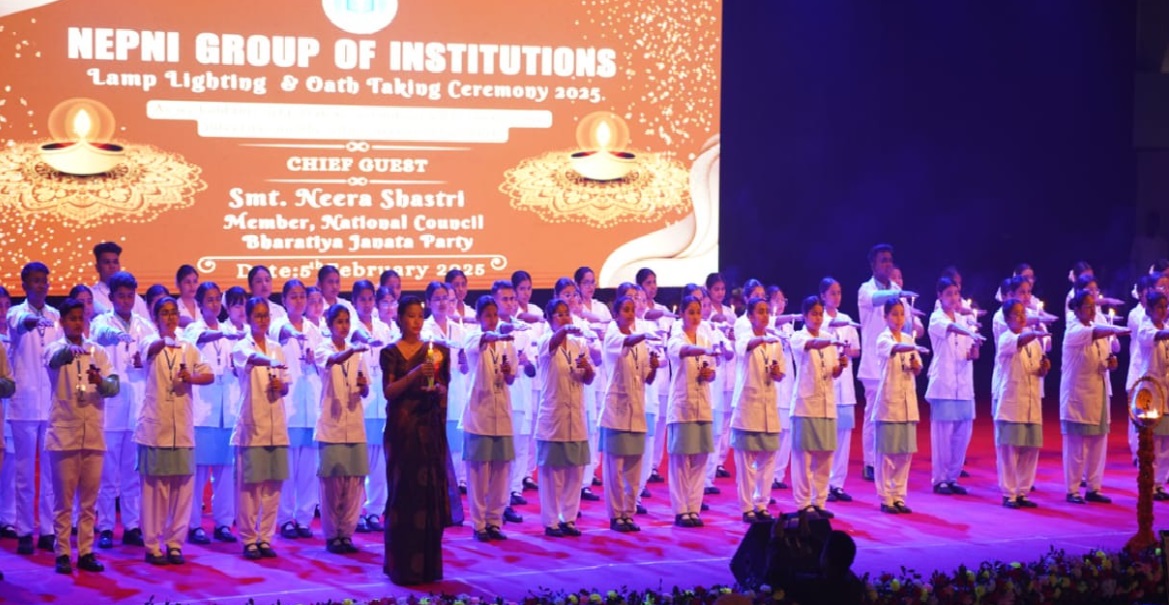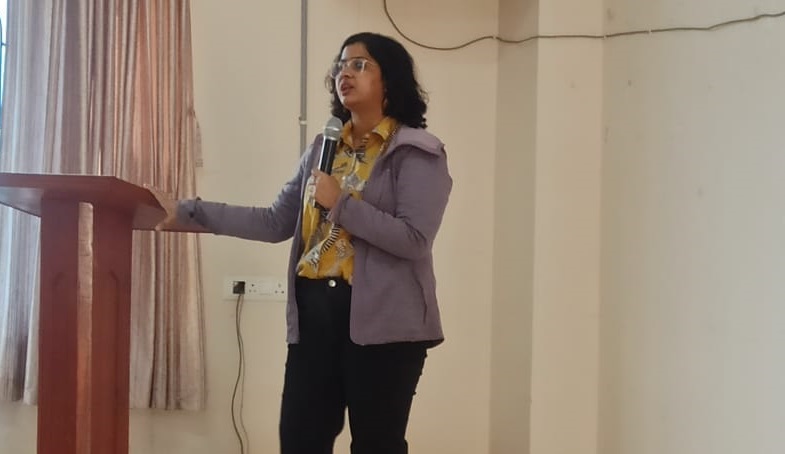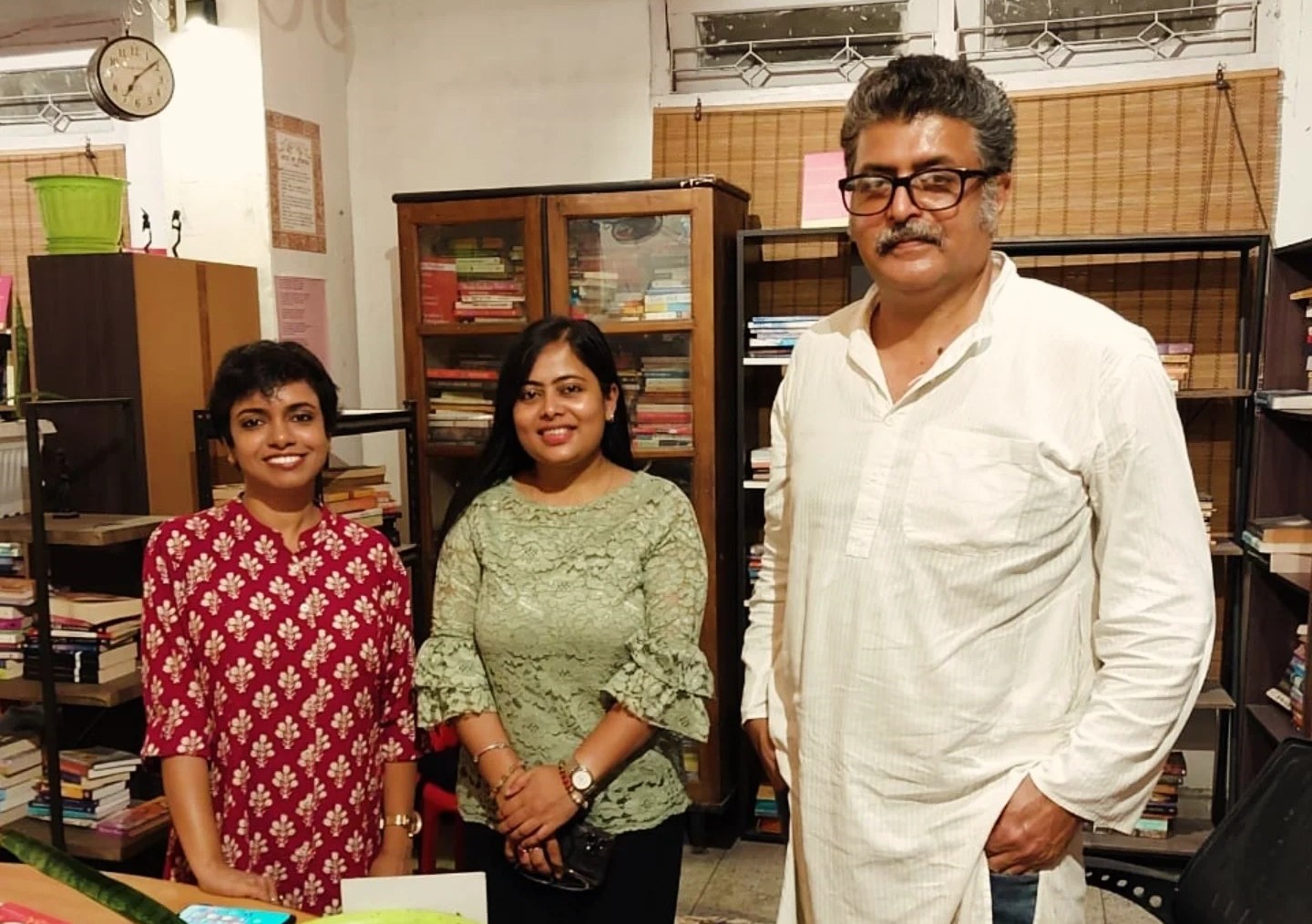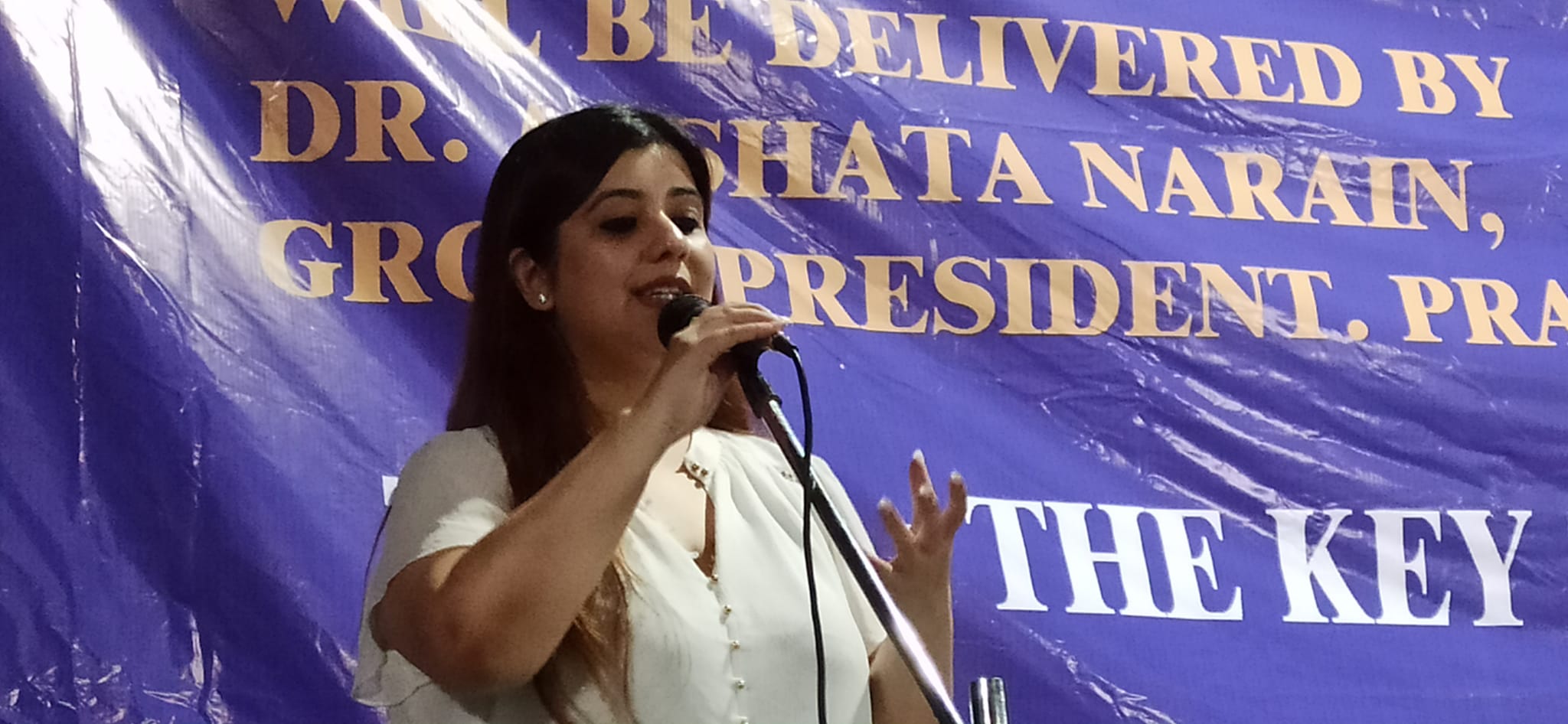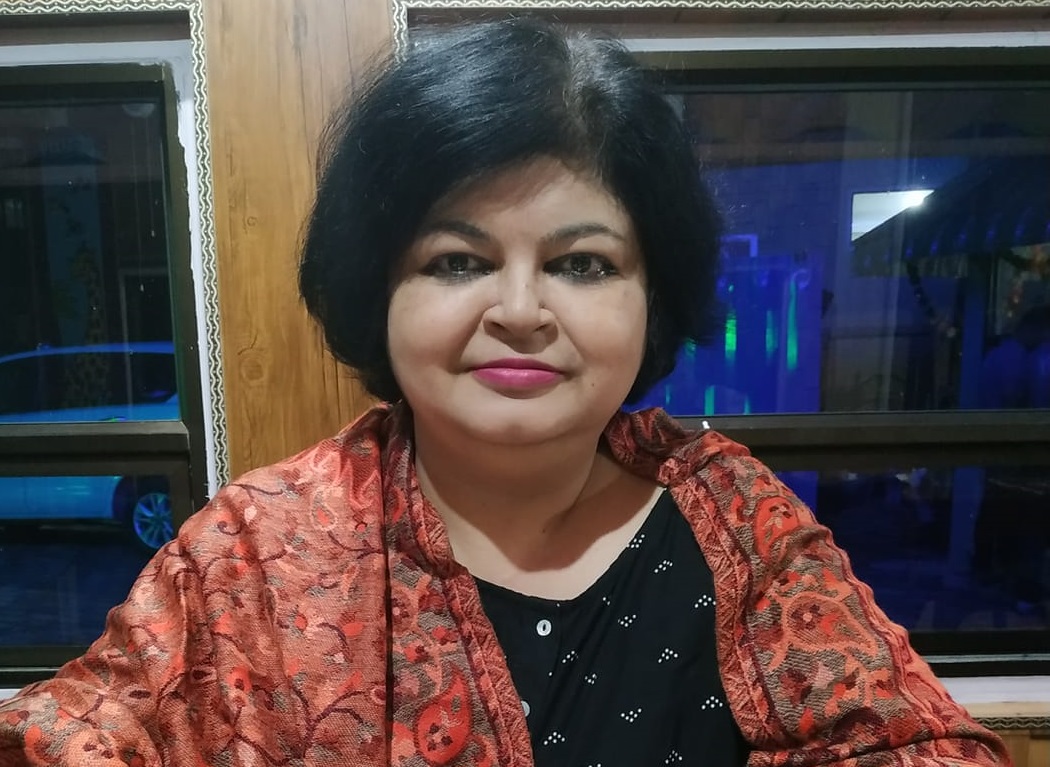The cross section of the civil society, from writers to academicians and from police officers to movie makers, all were there at The Thumb Print Conversation on ‘Guns, Grenades and Children’ that was hosted by Utsah, the NGO that works for child rights, at Brown Bean Café in the city on Sunday evening. The Thumb Print Conversation is an initiative of the webzine The Thumb Print that endeavours to create awareness among the civil society about matters that are crucial for human beings and encourages them to play their role in addressing these issues. This conversation was moderated by educationist Angira Mimani.
Setting the conversation in motion, Fr Lukose Cheruvalel, Director Snehalaya Guwahati, gave in a nutshell the rights given to children world over under the UNICEF and UNO charters. Then he related his own experiences starting from the massacre of countless children in Nellie Assam in 1983 following which two SOS villages were set up in Hojai and Bhakatpara to rehabilitate those children who survived this nightmare. Ironically, the Bhakatpara SOS Village was closed down in 1999 as militants started demanding money from the authorities of the village. Dealing with the recent killings in BTAD, Fr Lukose lauded the initiative of the Social Welfare Department, Govt of Assam, who jumped into action immediately in the aftermath of the strife and have already shifted six orphaned children of Baksa District to be taken care of by the Hojai SOS Village.
Miguel Das Queah, founder of Utsah, said, "Creating a world that is truly fit for children does not imply simply the absence of violence. It means having the confidence that our children would not die of diseases or malnutrition. It means having access to clean water and proper sanitation. It means having primary schools nearby that educate children, free of charge. It means changing the world with children, ensuring their right to participate, and that their views are heard and considered. It means building a world fit for children, where every child can grow to adulthood in health, peace, and dignity."
An officer of the Assam Police, Miranda Ingtipi, shared her experiences of children who are victims of violence in Karbi Anglong District of Assam. Samiul Akhtar Borbora, a student of psychiatry, mentioned, “ The traumatised children of violence can be divided into three categories – (1) the major portion that suffers from depression and behavioural problems; (2) another substantial portion that faces anxieties and worries; and (3) most importantly, about 12 per cent of the children whose brain function gets affected by the effects of violence. It’s the third category that needs urgent care by experts.”
Srutimala Duara (author and teacher), Sriparna Barua (entrepreneurship guide), Mauleenath Senapati (film maker), Florence Handique (Teacher and TV personality), Smita Agarwal (FICCI Ladies Organisation), Sujata Hazarika (IGNOU), Medha Saikia (fashion and beauty consultant), Shankardev Choudhury (child right activist), Gautam Bordoloi (journalist) and Tinat Atifa Masood (TV and media anchor) shared their varied experiences with traumatised children in various states of the North East.
Towards the conclusion of the conversation, Indrani Raimedhi (newspaper columnist) presented a world view of the plight of children affected by violence. She said, “If we do not rise to the occasion in time, it may not be very long before we have a situation here like that in many African countries where children would be lured to become soldiers of the militants and even act as human bombs because they are least subject to suspicion by the law and order authorities.” Some felt that the little one could do is to wear a smile while dealing with children.
In summing up, Teresa Rehman, founder editor of The Thumb Print webzine, thanked the participants who spared their time for a good cause and assured them that the webzine would continue to arouse the civil society’s conscience on issues that need urgent attention and action whenever required.
